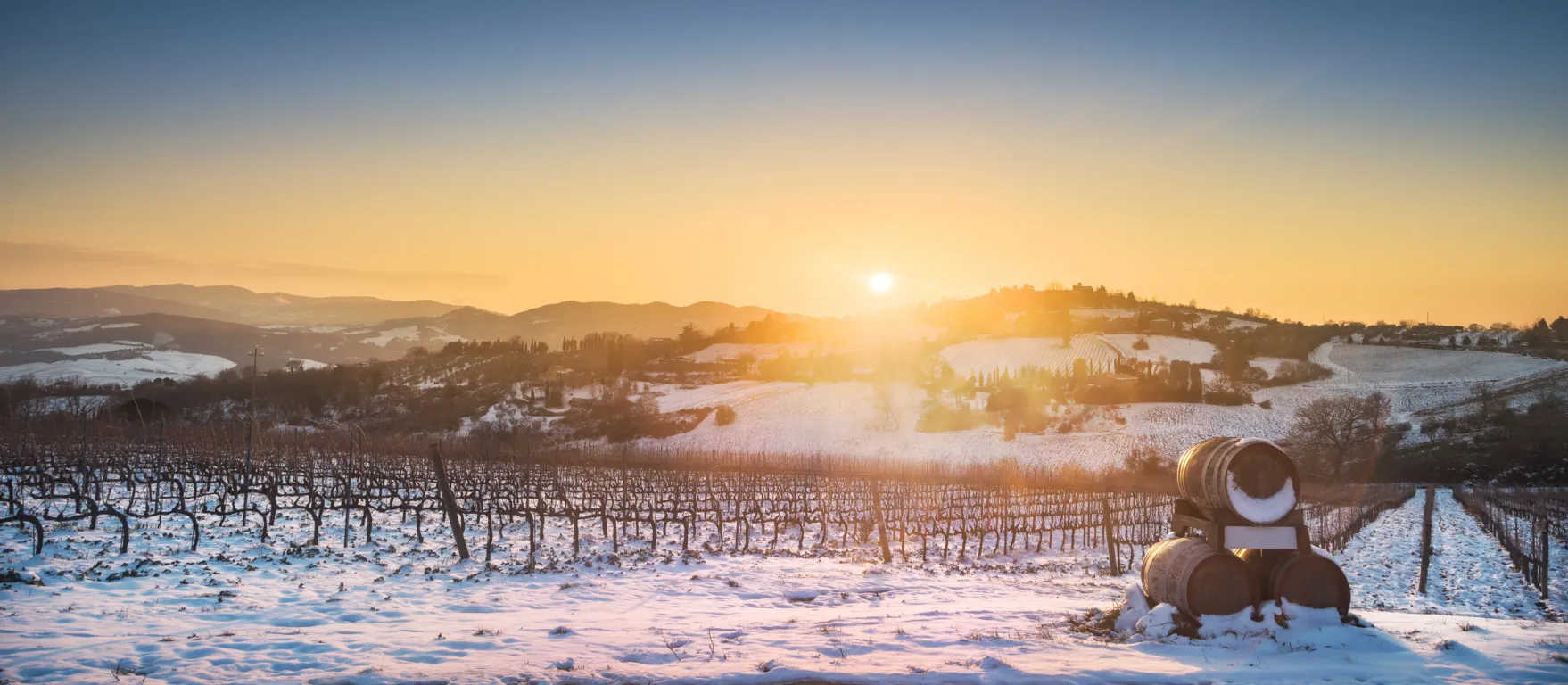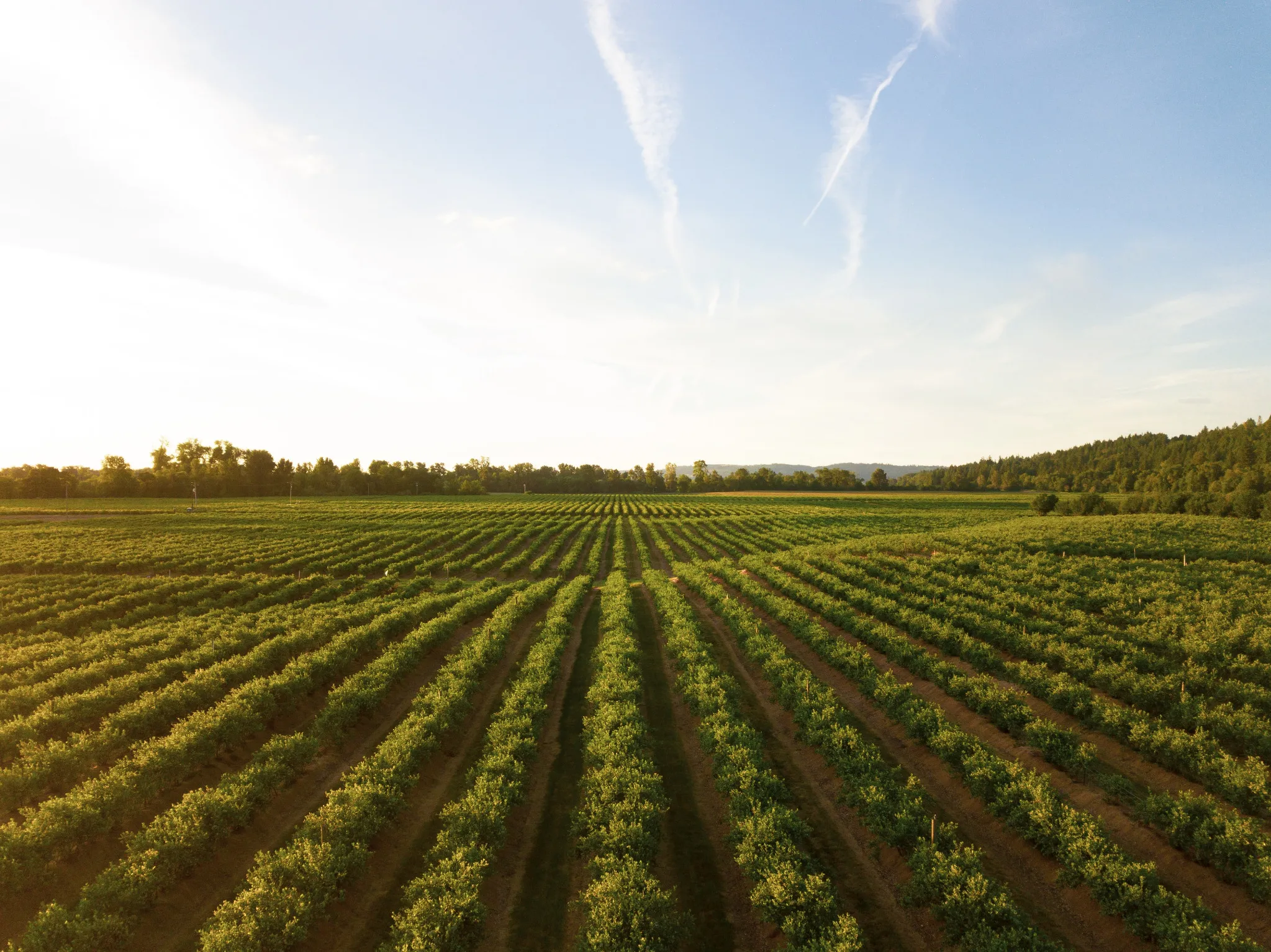


Product information
Michél is dedicated to Michele, the youngest of the Calatroni family: together with Nora and Emma (to whom NorEma is dedicated) he represents the eighth generation of our family of farmers in Valle Versa.
This Metodo Classico is the expression of the centrality that bubbly has in the Calatroni project: it comes from the blending of all the company's vineyards cultivated with pinot noir, from clones of Italian origin specifically studied for the Oltrepò Pavese territory and others of French origin.
Harvesting takes place according to the right technological maturity expressed by each individual vineyard and is carried out manually in 20 kg crates to avoid compacting and overheating the bunches.
Pressing is soft, with yields between kg of grapes and litres of must of 45-50%.
The grapes from each vineyard are vinified separately and the resulting wines are blended each year into a cuvée, which is bottled for re-fermentation in April or May.
After the natural formation of bubbles, the pinot noir rests for at least 36 months in the bottle in contact with its sedimentary yeasts and is then disgorged à la glace and topped up with a liqueur d'expédition containing the base wine from the same vintage.
Host information
The Calatroni family
In 1964 grandfather Luigi bought the land that two generations of the Calatroni family have been working as sharecroppers. We began our venture producing traditional wines from Croatina and Barbera grapes, but from 2002 on, under the guidance of brothers Cristian and Stefano, the youngest generation of the family, the focus has more and more shifted to Pinot Noir. We vinify the noble grape as a red wine and especially as white and rosé Metodo Classico sparkling wines. The current production of Metodo Classico has reached 100.000 bottles, all carrying the Oltrepò Pavese Metodo Classico DOCG.
“The first vintage of our Metodo Classico sparkling wines was in 2008. Right from the very beginning, we had a clear vision of the style of our Metodo Classico: elegant, fresh, mineral bubbles, that must be the truest expression of the grape, of the soils where it’s planted and the peculiarities of the vintage”
Today, the Calatroni brothers grow about 25 hectares of organic vineyards with the invaluable help of their parents Fausto and Marisa, embracing sustainability as the core value of their philosophy of work. In recent years we opened our agriturismo and launched our hospitality program.
“We are fully aware of the vital importance of safeguarding the environment in which we live and which offers us the basic resources to produce our wines. That’s why environmental, social and food sustainability issues have become more and more relevant to us over the years, inspiring a set of choices and practices”
Visiting our winery is not just a chance to taste our wines: we hope to offer you an insight into the Oltrepò Pavese region and its wine & food culture, to let you feel the passion that constantly fuels our love for wine and to share with you our vision and our dreams.
Join our wineclub


Where is the manufacturer
Azienda agricola Calatroni
Michél Extra Brut - Oltrepò Pavese Metodo Classico Docg Pinot Nero
More tips from Azienda agricola Calatroni

Inganno 572 Brut - VSQ Metodo Classico

NorEma Rosé Extra Brut - Oltrepò Pavese Metodo Classico DOCG Pinot Nero Rosé















